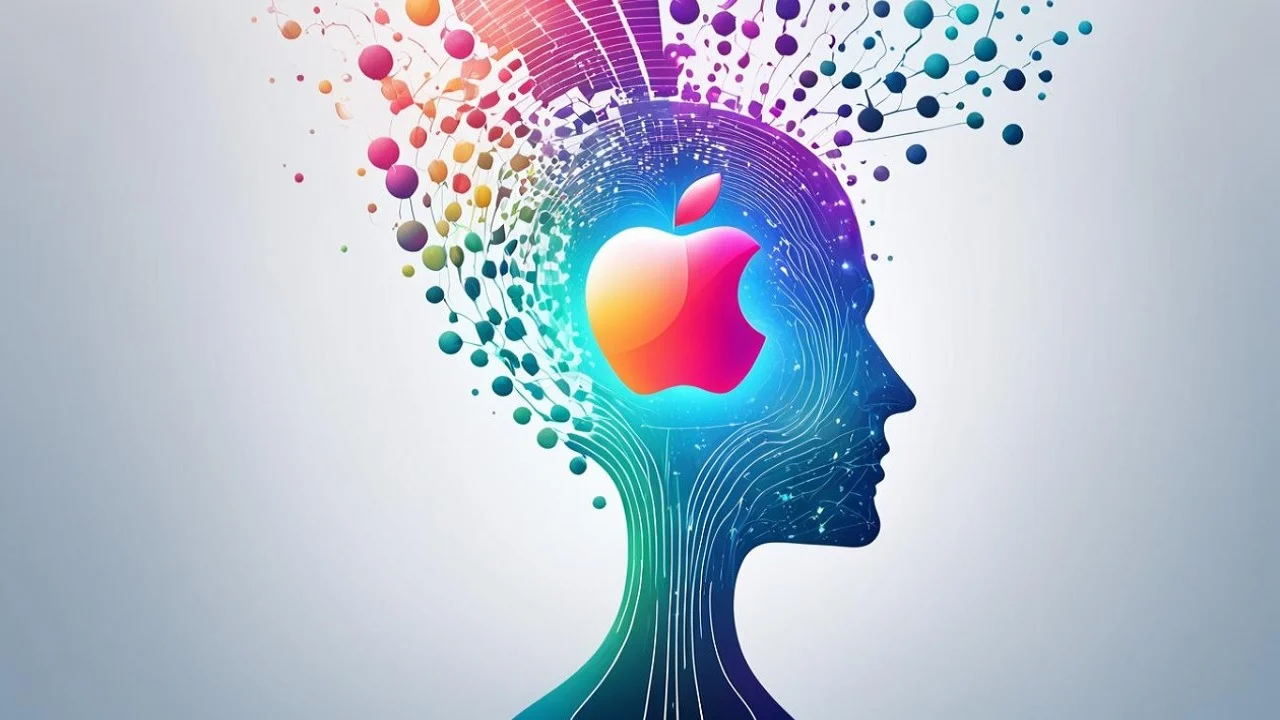
Mclub World – Apple’s AI Training has become the center of heated debate after a lawsuit revealed concerns from several authors. These authors claim that their published books were used without permission to develop advanced artificial intelligence systems. The issue highlights growing tension between technology companies and creative industries. Writers argue that years of effort, creativity, and intellectual property have been exploited unfairly. Meanwhile, tech giants insist that massive datasets are essential for building smarter AI models. This conflict raises questions about the balance between innovation and copyright, sparking global discussions on ethics and responsibility. The case could shape future regulations and influence how AI evolves across industries. As the lawsuit gains attention, both supporters of authors and advocates of AI await the outcome with intense interest. The implications reach far beyond one company, touching on fairness, creativity, and the future of digital technology\
“Read More: Top 10 Exploring Technology Cars Innovation In Future”
The controversy surrounding Apple’s AI Training reflects the concerns of authors who feel their rights have been violated. They argue that their works were collected and processed without consent, stripping away control over how their content is used. This situation fuels frustration, as many writers depend on royalties and recognition for their livelihood. The use of books to train AI, if proven, may represent a breach of trust between creators and corporations. Authors worry that such practices set a dangerous precedent, where creative labor is consumed for profit without fair compensation. The lawsuit also raises questions about transparency since most companies remain vague about their data sources. By pushing back, authors hope to spark accountability and stronger legal protections that prevent unchecked exploitation. The backlash emphasizes how vital it is to respect human creativity even in the pursuit of technological progress.
“Read About: Modern Lifestyle Narratives Through Art Culture and Interior Identity”
The lawsuit has amplified a global conversation on how data should be used in artificial intelligence systems. At the heart of this debate lies the conflict between innovation and intellectual property. Supporters of AI development argue that large data sets, including published materials, provide the foundation for smarter algorithms. Critics respond that such use undermines the value of human effort and blurs ownership rights. This debate also raises moral questions about whether technology should benefit from resources obtained without explicit approval. Governments and institutions around the world are beginning to address these concerns, proposing rules that demand transparency from tech firms. As these discussions evolve, Apple’s case serves as a crucial example of what is at stake. The outcome may guide future boundaries between technological ambition and creative protection, shaping the relationship between humans and machines.
The impact of this lawsuit could extend far beyond the authors involved, reshaping how technology companies operate. If courts side with the writers, tech firms may face stricter guidelines on data collection and consent. Such a ruling could require companies to seek licenses, purchase rights, or design alternative methods to gather training data. These changes might slow innovation but also establish a fairer environment for creators. On the other hand, if Apple prevails, it could encourage similar practices across the industry, deepening concerns from artists, musicians, and other content creators. The case also highlights the need for clearer global standards, since technology crosses borders while laws vary widely. Whatever the outcome, this lawsuit underscores the urgent need to balance growth with fairness, ensuring that progress does not come at the expense of those who fuel creativity.
Looking ahead, this lawsuit may shape the future relationship between artificial intelligence and creative industries. If safeguards are established, authors may gain more control over how their work is utilized in digital systems. New licensing models could emerge, allowing technology companies to legally access content while compensating creators fairly. This approach could foster collaboration instead of conflict, turning AI into a tool that benefits both tech firms and artists. The case also highlights the importance of transparency, as users and creators demand to know what data powers the technology around them. Apple’s AI Training lawsuit stands as a landmark moment in defining ethical standards for the digital era. It reminds the world that progress must honor human creativity, and that innovation without respect for rights risks undermining the very foundation of cultural expression.
This website uses cookies.